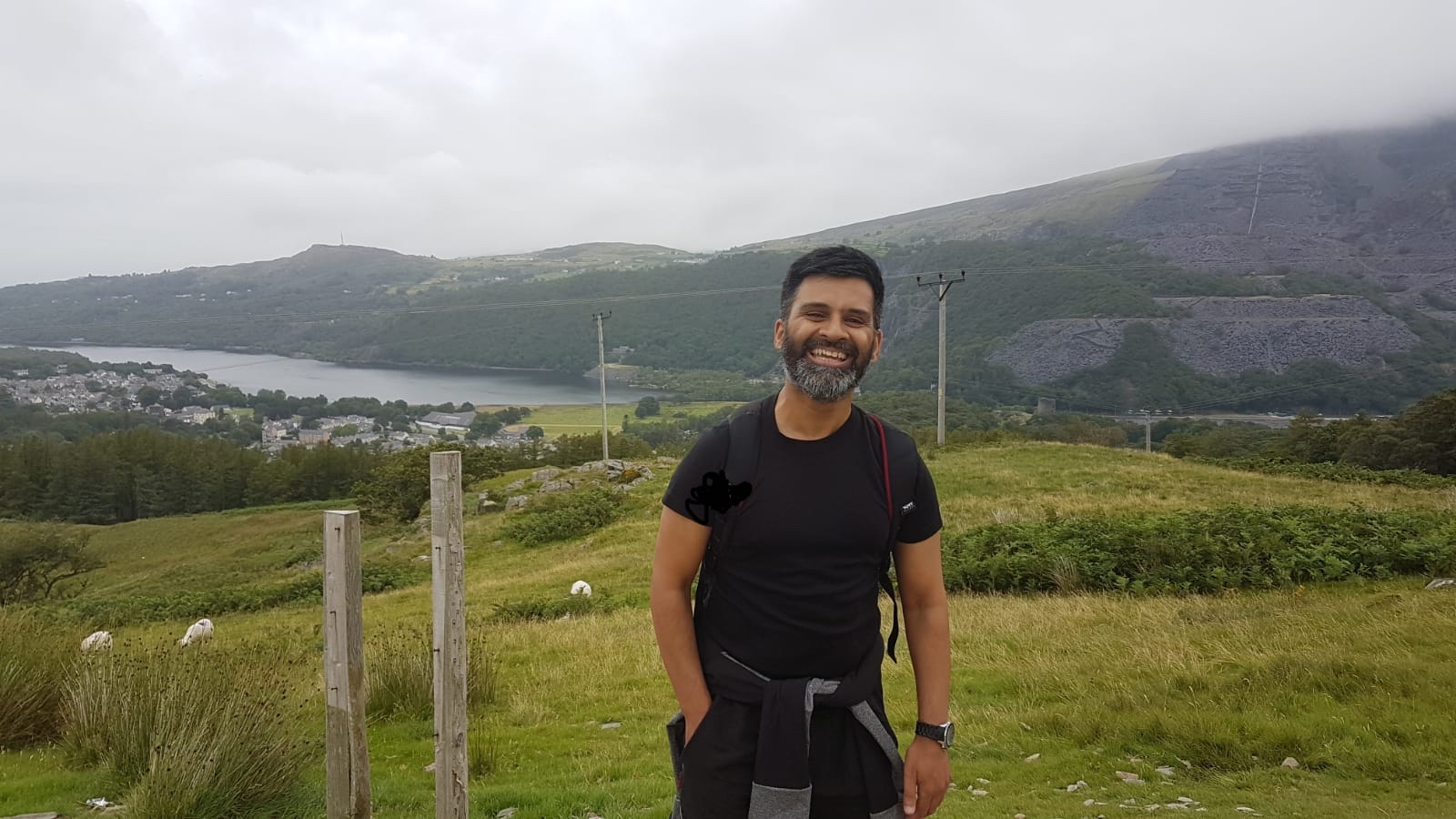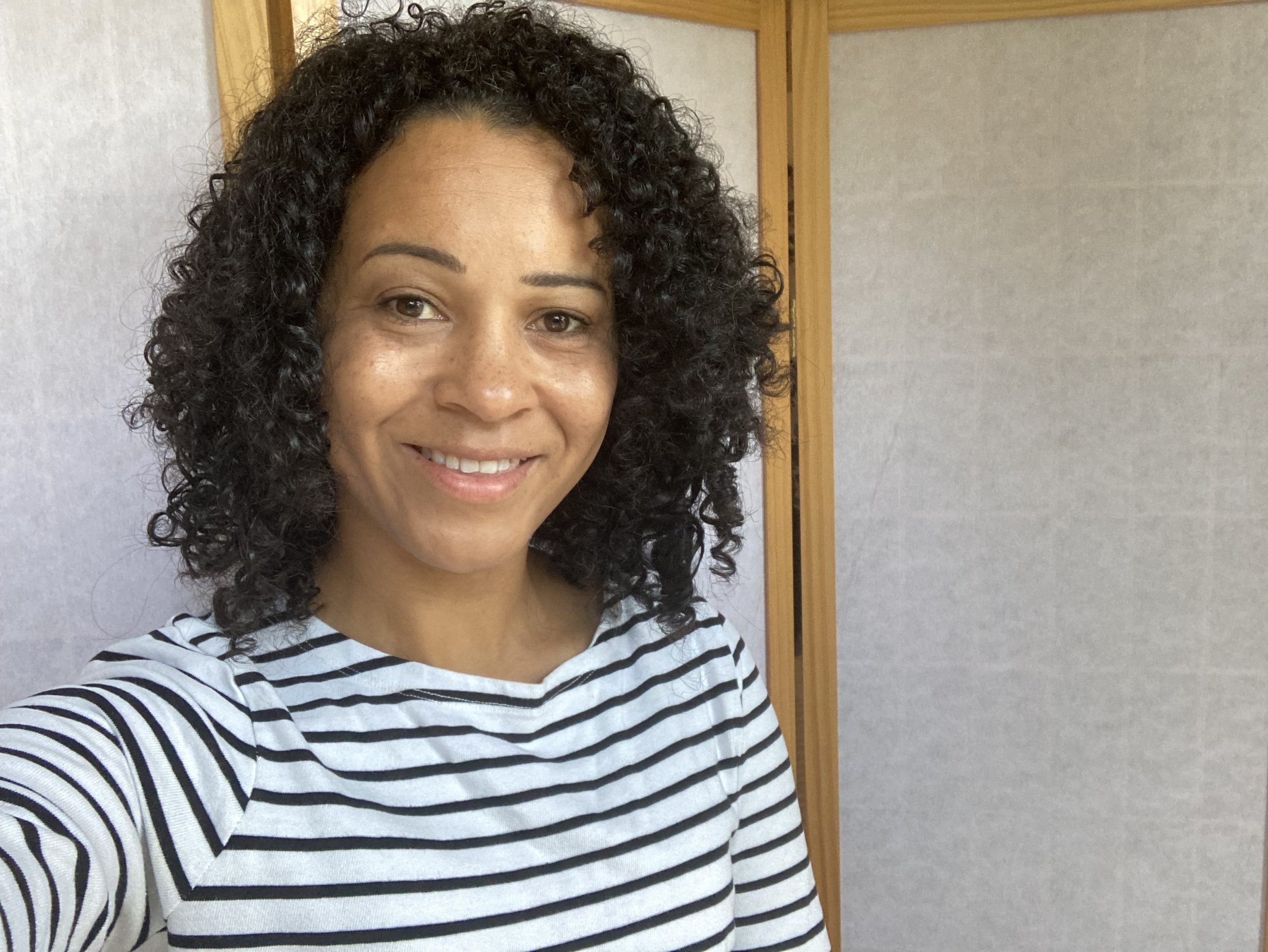Amandeep Doll is the Head of Professional Belonging at the Royal Pharmaceutical Society. She’s been qualified as a pharmacist for 15 years and has predominately worked in hospital, and after completing the Chief Pharmaceutical Officer’s Clinical Fellowship, moved into national policy roles. In this blog, she shares with us her own struggles of mental health.
As the Head of Professional Belonging at RPS I’m usually asking people to share their lived experiences with you, and now it’s my turn! This is a very personal blog about my own mental health and the reason I’m sharing it is so that people with similar issues don’t feel like they’re alone.
Anxiety and depression
I was diagnosed with high functioning anxiety and depression in 2017. This condition can be easily hidden as the individual may seem organised, in control, thriving, always well presented, on time and upbeat. But at the same time, they are struggling on the inside, plagued with anxious thoughts, spiralling worries and feel utterly unable to cope …all signs of depression.
For a long time, I thought I was fine because I was able to achieve day to day activities. I put my symptoms down to hormones and the result of stepping out of my comfort zone of working in a hospital.
Understanding there’s a problem
I realised there was a problem when I was trying to write up my dissertation for my Elizabeth Garrett Anderson leadership course in my usual lastminute.com style. I sat there for 2 days and typed one word. My brain just would not function. At this time, I had a portfolio career, including being a Clinical Lead at Health Education England, so on the face of it I was living my best life with my career thriving. I reluctantly went to my GP, got a diagnosis and after some resistance, started on antidepressants.
I still didn’t truly accept anything was wrong for a couple of months afterwards, as I thought I was coping, and it was only a wobble. I always considered myself as a strong person who is the smiley, happy one, so surely I should be OK, shouldn’t I?
Career worries
I was worried about what having anxiety and depression would mean for me working at a national level and if it would damage my chances of getting a senior leadership role in the future. Also, from a work perspective, I was worried that I would be seen as incapable of handling stressful situations, or that people would consider me fragile.
Needing time out
At the time of my diagnosis, my portfolio roles were at opposite ends of the country. I felt that I wasn’t doing either job well! I decided to work at one role part-time to look after myself better. On reflection, I really should have taken time off work for a complete break, because I would try hard to focus on work in the week and the weekends would be written off completely recovering. Everything was so hard; it took me longer to concentrate and get through things that I would normally get done really quickly.
My experience of sharing my diagnosis with my line manager at the time was positive. I felt that I could go to her at any point I needed, but I was worried about sharing it more widely again due to stigma around mental health and possible repercussions of not being able to progress in my career.
Family barriers
On top the worry of how I would be received professionally with my diagnosis, I also had to contend with family and cultural barriers. My experience within the South Asian community is that it can be difficult to talk about your mental health when it’s not good; I felt that I had to help my family understand and manage my anxiety and depression whilst also looking after myself, which was really hard.
They particularly struggled because there was no obvious reason for my depression. It made me feel that I had to put a brave face on at times when I really wanted to break down or be by myself. Being the eldest of four girls, I’ve always been the one my parents turn to for support and am the ‘strong’ one (cue the song from El Canto ‘ Surface Pressure’!), and I felt bad for not being able to be there for everyone as they struggled with me not being OK. Again, it forced me to put myself first and I moved to London to deal with this in my own way and have a space to fall apart as I needed.
Learning to cope
I now see my high-functioning anxiety and depression as a blessing. It’s forced me to really prioritise myself and make sure I know when I need to take some time away to look after myself. I got counselling from someone of South Asian heritage who was able to understand my homelife pressures and to help me navigate them. It also helped me to not be afraid to ask for help when I need it. I’ve also had to come to terms with the fact this is part of who I am, and I need to look after myself in the same way as if I was told I had high cholesterol. Mental health is just as important as physical health. I now make sure I put in boundaries to care of myself.
Don’t be afraid to ask for help
If you’re experiencing poor mental health and wellbeing, don’t be afraid to take the first step and reach out for help. You can share it with anyone you’re comfortable with, but acknowledging it is a huge step forward. Also, take the time out that you need. I was afraid to take time off work because I was worried about what people would think of me, but looking back, I wish I had as it would have helped me not to resist the diagnosis and pretend I was OK. Ultimately, I would have got better more quickly.
Since I got my diagnosis discussions around mental health and wellbeing have become more common, but there is still stigma that can make mental health problems worse and stop people from getting help. By speaking out, I hope I’ve made another small dent in that and helped someone feel less alone.




